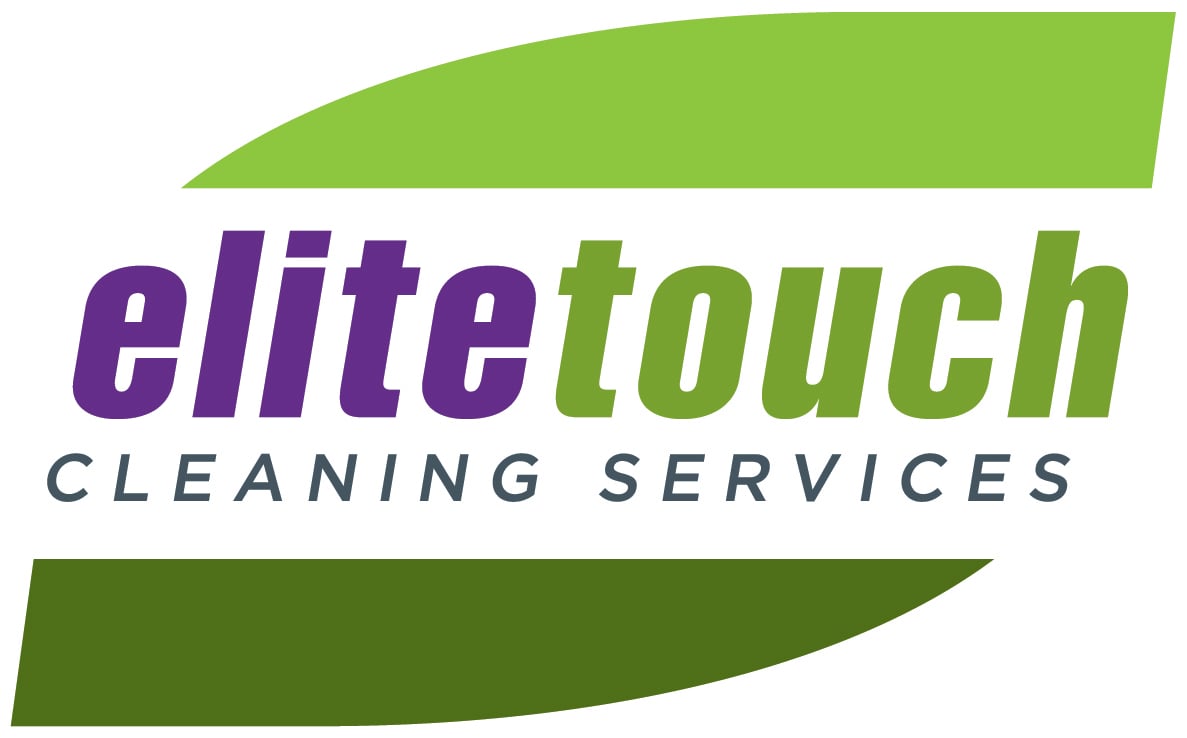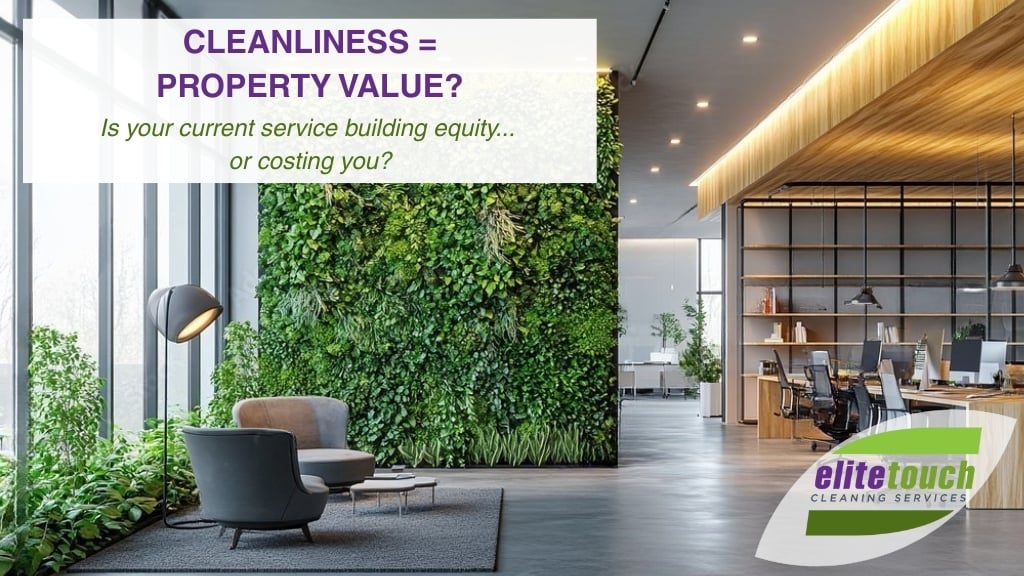Stop 'Cleaning' Your Floors: Why Your Janitorial Partner Should Be Your Asset Preservation Manager

Go ahead, take a look at your janitorial budget. Find the line items for floor care, window washing, or pressure washing. These are the services you probably view as periodic, expensive add-ons—the "deep cleaning" you do a few times a year.
Now, understand this: thinking of these services as "cleaning" is costing you a fortune.
You aren't just paying to make your floors shiny for a week. You aren't just getting dirt off your windows. The real purpose of these services is not about temporary appearance; it's about extending the life of your building's most expensive physical assets.
If your janitorial partner sees their job as just "cleaning," they are actively harming your property's value. You don't need another cleaner. You need an Asset Preservation Manager.
The High Price of a 'Cleaning' Mindset
When a company's goal is to "clean" a floor, they focus on speed and immediate results. This often leads to using the cheapest, most aggressive chemicals and methods to get a short-term shine. It looks good for a day, a week, maybe even a month. But it's causing slow, irreversible damage.
Think about it in concrete terms:
- Your Lobby's Stone Floor: A "cleaner" might use an all-purpose degreaser that gives a quick shine but slowly etches the stone's surface, dulling its natural lustre. An asset preservation specialist knows to use a pH-neutral solution, protecting the stone's integrity and preventing a hugely expensive restoration project down the road.
- Your Hallway Carpets: A "cleaner" might use harsh detergents that leave behind a sticky residue, attracting more dirt and wearing down the fibres. An asset preservation specialist uses low-moisture extraction and the correct chemistry, pulling dirt out while protecting the carpet, potentially adding years to its life.
- Your VCT Flooring: A "cleaner" might recommend stripping and waxing constantly, which is labour-intensive and costly. An asset preservation specialist implements a program of regular buffing and burnishing to maintain the existing finish, saving the full strip-and-wax for when it's absolutely necessary.
This isn't just about technique. It's about a fundamental difference in philosophy. One approach is a short-term fix. The other is a long-term financial strategy.
The Tangible ROI of Asset Preservation
This is where the conversation shifts from cost to investment. Every extra year of life you get from your assets is real money that stays in your reserve fund.
Let’s say a proper maintenance plan extends the life of your building's carpeting from ten years to fifteen. If the replacement cost is $100,000, that five-year difference is a massive capital expenditure you just deferred. The cost of the professional maintenance program is a tiny fraction of that savings. That is a stunning return on investment.
The same logic applies everywhere. Well-maintained window seals prevent costly water intrusion. Properly cared-for grout stops leaks and decay. A professionally preserved lobby floor becomes a timeless feature, not a recurring problem on your budget spreadsheet.
When you have this conversation with your HOA board, you're no longer defending a cleaning cost. You are presenting a clear, data-driven strategy for protecting the community's collective investment.
Your Partner Should Be a Financial Advisor for Your Assets
It’s time to expect more from your janitorial partner. They shouldn't be passive order-takers. They should be expert consultants who actively help you manage your assets.
A true partner will walk your property with you and provide a strategic plan. They should be able to say, "Given the heavy foot traffic in this lobby, we recommend a deep scrub and topcoat twice a year to avoid a full strip-and-wax for at least three years." They should advise you on the best approach for different types of assets, explaining the "why" behind their methods.
If your current provider just gives you a price without a strategy, they are a contractor. What you need is an advisor.
Look at your most recent janitorial proposal. Does it read like a simple menu of tasks, or does it present a long-term plan to protect your building's value? Did you pay for a service, or did you invest in the future of your property?
If you don't know the answer, you’re almost certainly paying for the wrong one.


